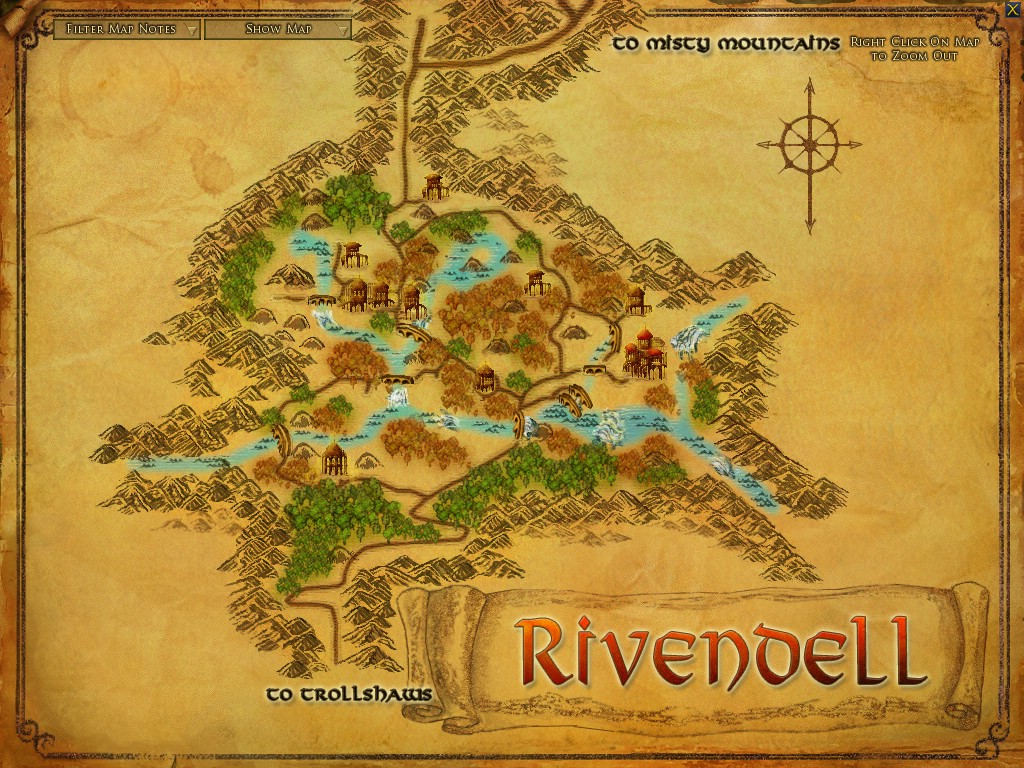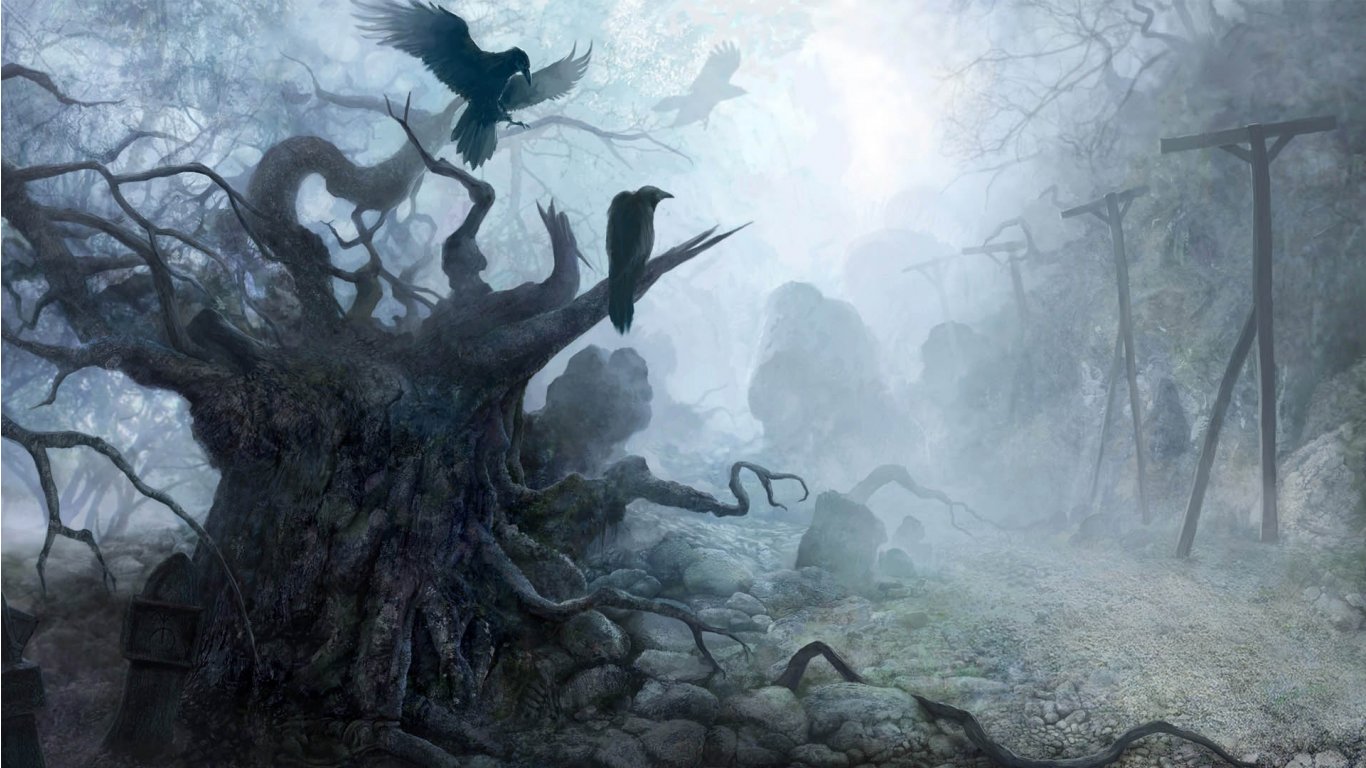Since signing up for NaNoWriMo, I've been spending a lot of time on the forums. They're a great resource.
Because Contracted is fantasy, I've been hanging out on the Fantasy forum a lot. In the process, I've found out some things about the WIP that I didn't know myself. It fits into sub-genres I didn't initially realize, including some that I didn't even know existed. Such as:
High Fantasy: fantasy that takes place in a non-Earth dimension, alternate world, or universe. (Contrast with Low Fantasy, which takes place on Earth.) Lumped in with Epic Fantasy, and the terms are interchangeable (although I prefer to differentiate between the two because High refers to the setting while Epic refers to the nature of the story).

Epic Fantasy: lumped in with High Fantasy. Fantasy that features a quest, journey, multiple locales, a sense of sweeping scope and scale, or characters with epic stature, such as monarchs and heroes. More likely to have an episodic plot. The stakes are about Saving the World.
Dark Fantasy: fantasy where the gothic, horror, or gruesome elements are emphasized; fantasy where grim and scary themes, motifs, and characters are emphasized; sometimes called "horror fantasy."

Fairy-Tale Retelling: a retelling of a classic fairy tale or myth. May or may not be Fantasy.
Twisted Fairy Tale: May or may not be fantasy, but when it is, it's the Dark Fantasy or Horror version of Fairy-Tale Retelling. Many are fairy tales retold as horror stories.

Gritty Fantasy: a sister to Dark Fantasy, but where Dark Fantasy is more about horror/gruesome elements, Gritty Fantasy is more about amorality. Characters are often forced to be or become amoral/morally ambiguous in order to survive in a cruel, harsh world. There's a focus on character realism rather than heroic ideals.
Political Fantasy: fantasy that focuses on political intrigue, where political conniving, scheming, and intrigue is central to the plot. Tends to have less magic.
Sword and Sorcery: fantasy crossed with action/adventure, taking place in a High Fantasy setting, often involving magic and a romantic element. The characters have many battles, fights, and adventures, but the stakes are less about Saving the World and more about personal battles. Has gained a bit of a reputation for being campy.
LGBT Fantasy: as I define it, fantasy where a non-hetero character or romantic relationship is central to the plot. Alternately, it's fantasy that is in discourse with LGBT issues and that seeks to create social change for LGBT people today (an "issue" novel).
How useful are sub-genres, though? Does it matter whether something fits better in High/Epic Fantasy or Dark Fantasy? Apart from Feminist and LGBT Fantasy, which are used as vehicles for social change, the rest of these seem like sub-genres without a cause.
Sub-genres seem most useful for talking about books...after reading them. And after writing them. Genre is often more a marketing thing.
But none of that matters right now.
November is for writing, and it's nearly here.
Because Contracted is fantasy, I've been hanging out on the Fantasy forum a lot. In the process, I've found out some things about the WIP that I didn't know myself. It fits into sub-genres I didn't initially realize, including some that I didn't even know existed. Such as:
High Fantasy: fantasy that takes place in a non-Earth dimension, alternate world, or universe. (Contrast with Low Fantasy, which takes place on Earth.) Lumped in with Epic Fantasy, and the terms are interchangeable (although I prefer to differentiate between the two because High refers to the setting while Epic refers to the nature of the story).

Epic Fantasy: lumped in with High Fantasy. Fantasy that features a quest, journey, multiple locales, a sense of sweeping scope and scale, or characters with epic stature, such as monarchs and heroes. More likely to have an episodic plot. The stakes are about Saving the World.
Dark Fantasy: fantasy where the gothic, horror, or gruesome elements are emphasized; fantasy where grim and scary themes, motifs, and characters are emphasized; sometimes called "horror fantasy."

Fairy-Tale Retelling: a retelling of a classic fairy tale or myth. May or may not be Fantasy.
Twisted Fairy Tale: May or may not be fantasy, but when it is, it's the Dark Fantasy or Horror version of Fairy-Tale Retelling. Many are fairy tales retold as horror stories.

Gritty Fantasy: a sister to Dark Fantasy, but where Dark Fantasy is more about horror/gruesome elements, Gritty Fantasy is more about amorality. Characters are often forced to be or become amoral/morally ambiguous in order to survive in a cruel, harsh world. There's a focus on character realism rather than heroic ideals.
Political Fantasy: fantasy that focuses on political intrigue, where political conniving, scheming, and intrigue is central to the plot. Tends to have less magic.
Sword and Sorcery: fantasy crossed with action/adventure, taking place in a High Fantasy setting, often involving magic and a romantic element. The characters have many battles, fights, and adventures, but the stakes are less about Saving the World and more about personal battles. Has gained a bit of a reputation for being campy.
LGBT Fantasy: as I define it, fantasy where a non-hetero character or romantic relationship is central to the plot. Alternately, it's fantasy that is in discourse with LGBT issues and that seeks to create social change for LGBT people today (an "issue" novel).
How useful are sub-genres, though? Does it matter whether something fits better in High/Epic Fantasy or Dark Fantasy? Apart from Feminist and LGBT Fantasy, which are used as vehicles for social change, the rest of these seem like sub-genres without a cause.
Sub-genres seem most useful for talking about books...after reading them. And after writing them. Genre is often more a marketing thing.
But none of that matters right now.
November is for writing, and it's nearly here.
Ahh props to you for doing NaNo. I still haven't gotten up the courage or motivation to do it. Maybe next year? Good luck!
ReplyDeleteThanks! Technically I am NaNoRebelling (starting off with a WIP) but there's a section for that. It's allowed as long as you participate the original way your first year.
Delete